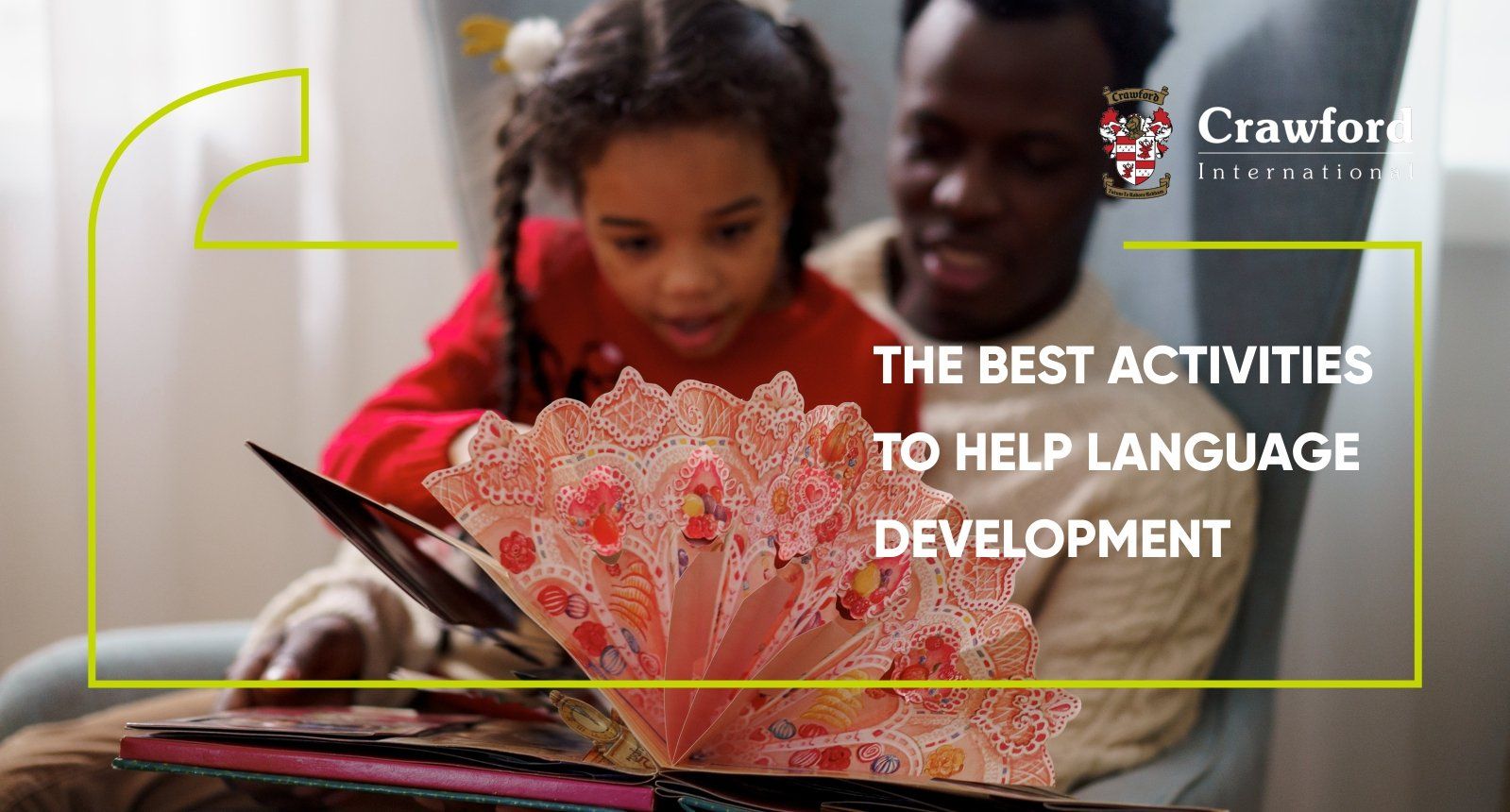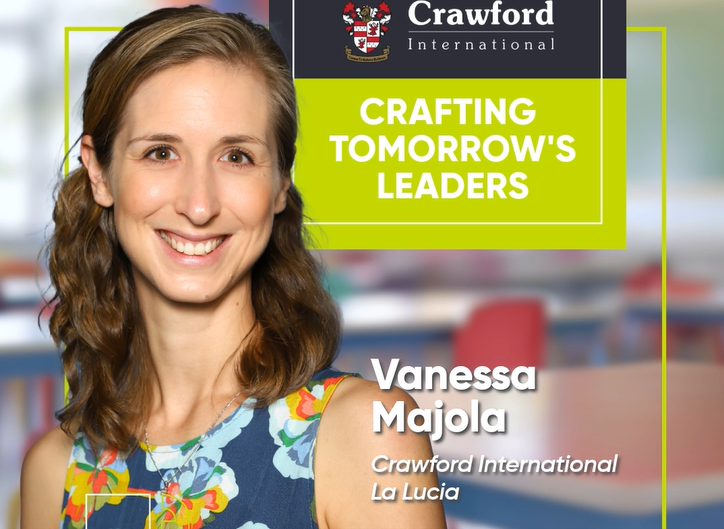How to boost language development
December 30, 2022
Article Summary:
Language development is essential for children’s communication, cognitive growth, and social-emotional skills. This article highlights five playful and effective ways parents can support their child’s language development at home. Activities include storytelling to enhance vocabulary and sentence structure, imaginative play to build conversational skills, singing songs to reinforce rhythm and new words, playing telephone to practice dialogue, and sensory play to expand descriptive language. These strategies make learning fun while strengthening essential language abilities, helping children better express themselves and connect with the world around them.

Your child’s language skills started developing from day one – those little cooing sounds and high-pitched speech you used were teaching your child about language and communication. As they grow through infancy and the early years, your child’s language development grows. They watch and learn about the world around them and explore it too. While they’re doing this, they learn how to speak, start using sentences, and start expressing themselves.
This development is very important – not only in learning to communicate, but also in your child’s cognitive skills and their socio-emotional development. Without language skills, we wouldn’t be able to communicate or needs and wants, we wouldn’t be able to relate to other people and build relationships, we wouldn’t be able to express our ideas and feelings.
Children do soak up words, meaning, and the rules of communication quite naturally – they’re born with the instincts and tools to learn language. But as parents, we can interact with, talk with, play with our children, and model and grow those language skills as a result.
Read on for five fun ways to hone your child’s language development and grow strong communication skills.
1. Tell me a story
Reading books together is an absolute must, for many reasons. However, you can use the magic of storytelling your child is exposed to with reading to develop those language skills. Plus, everyone loves a good story…
Encouraging your child to tell or retell stories gets them talking and uses new and different words. It’s also a great way to learn about sentence structure. One way is to tell your child stories of your own making, then asking them to tell you what they think is going to happen next.
You could also give your older child a picture and ask them to tell you a story about it. They will have to look at the picture and formulate a beginning, middle and end around it.
2. Let’s pretend
Fantasy play is a great way to get your child exploring not only language, but their imaginations and social situations too. Keep a box of fantasy play items (like capes, crowns, hats, jewellery, etc.) that you child can delve into and use to play with.
Have a little tea party or teddy bear’s picnic with your child and let them get dressed up for the event. Then, be sure to engage your child in conversation around the elements and happenings at the party or picnic.
Play games like shop-shop, house, school-school with them where they can pretend to be adults in real-world situations. This provides lots of opportunity to try out new words – you can talk about the items in the shop and the types of money used, or talk about the different parts of the house and what their functions are, etc.
3. Sing a song
Music, singing, and dancing are absolute favourites. Plus, they let your child listen to lyrics, repeat the words, and memorise them in tune. Great ways to build that vocabulary and play around with rhythm and rhyme, which are important aspects of language and communication.
This is also why nursery rhymes have been sung by parents, children, and their teachers for millennia. Humpty Dumpty, Old Macdonald, Wheels on The Bus, Twinkle Little Star – the options are endless. They’re simple to follow and catchy enough to be memorable for even very young children. Plus, you could put actions to the words to drive the meanings of the words home even more.
4. Play telephone
Little ones absolutely love the telephone game! Use a couple of toy telephones (or even a pair of old and obsolete cell phones) and pretend to call your child. Teach them how to answer the phone with a “hello” and then have a little conversation with them. They’ll learn how to handle the back-and-forth nature of communication with others, as well as hone their speaking skills.
5. Engage the senses
Sensory play is another favourite that develops multiple skills, one of which is language. As you let your child explore and engage with various textures, tastes, etc. you can ask them questions about what they’re experiencing (how does the pasta feel?), give them instructions (bang those sticks together), ask them for their opinion (what will happen if we mix the water and flour together?), all while developing their vocabulary.
Read more informative Crawford International parenting articles here.












